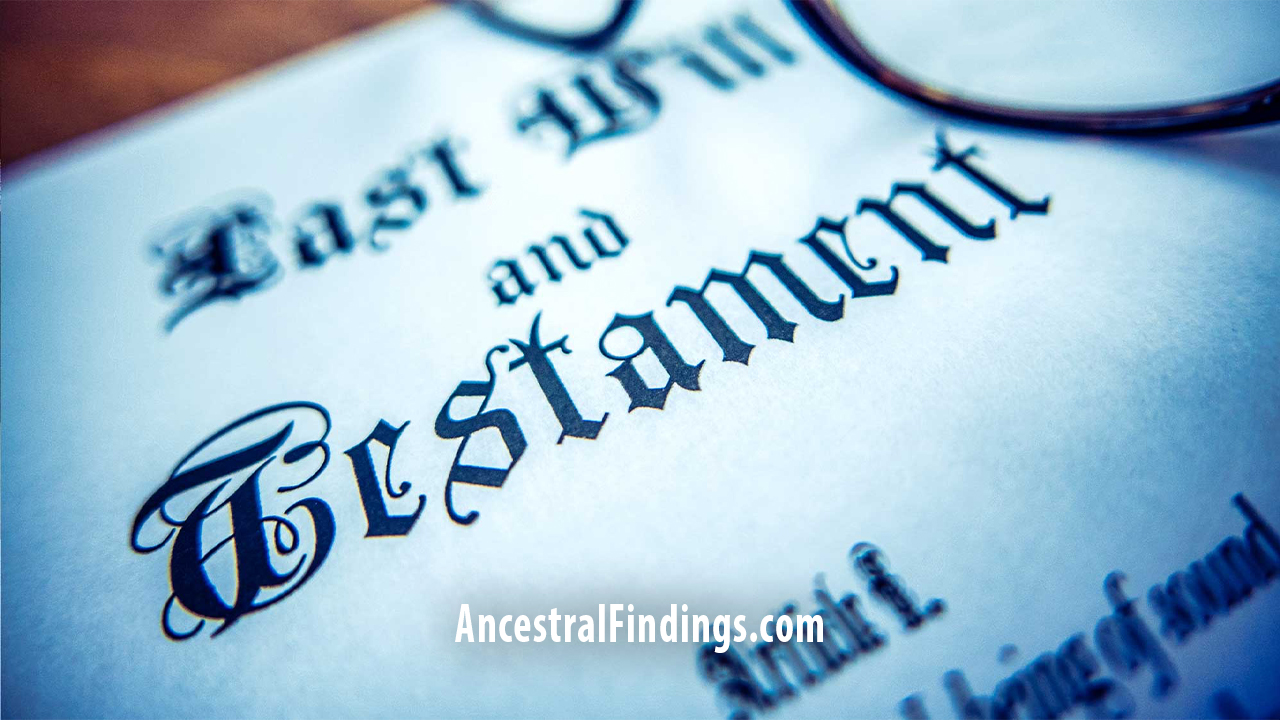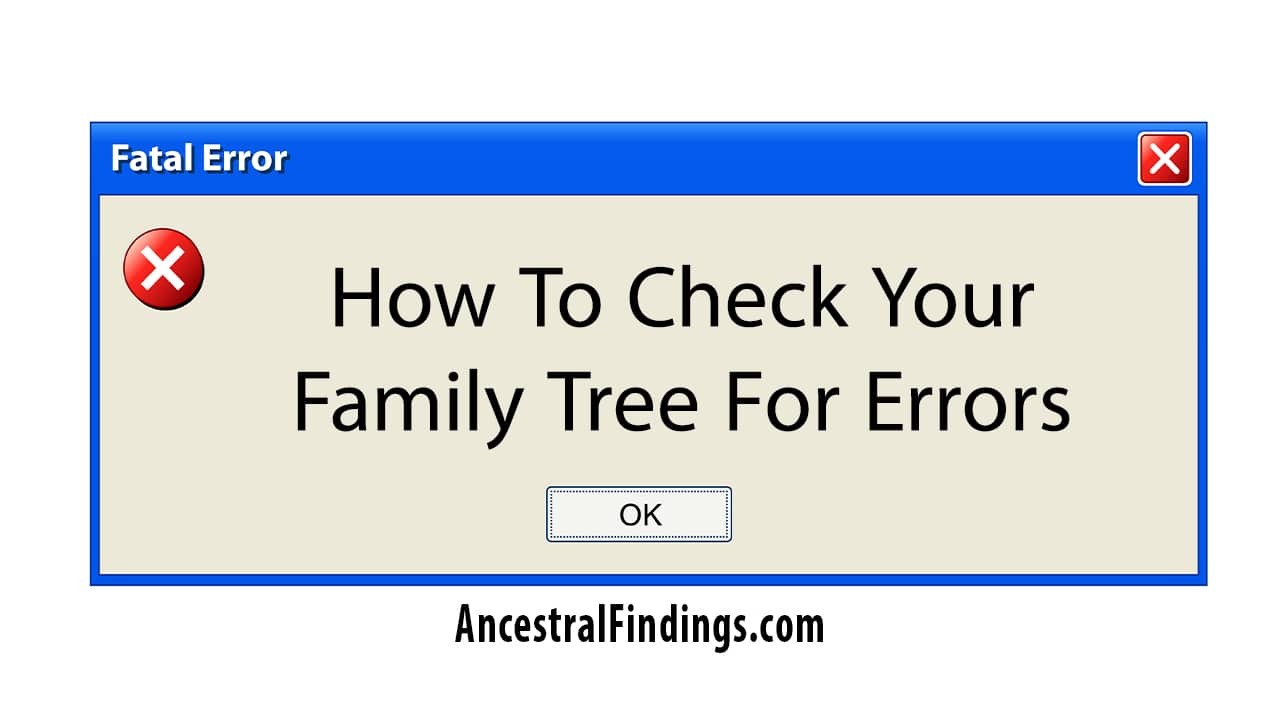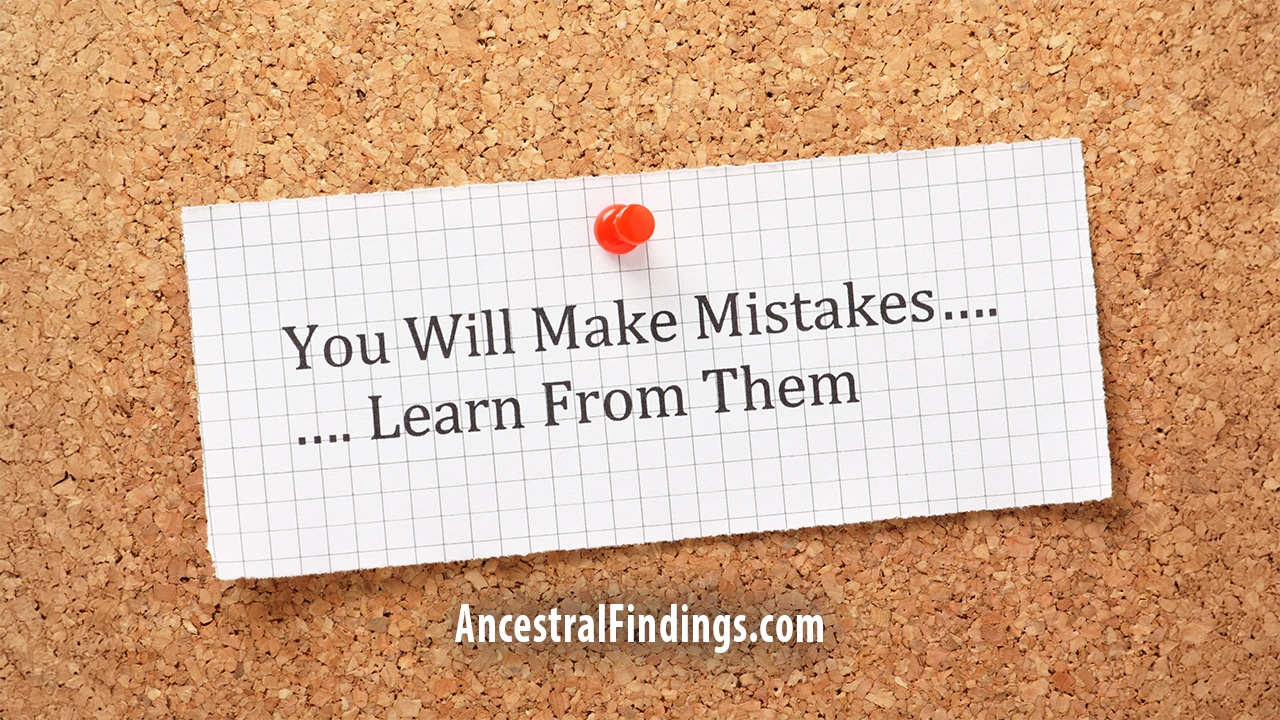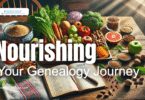A recent Harris poll revealed that more than a quarter of adults in America do not feel like they know one or both of their parents as much as they would like to. People just aren’t asking the questions of their parents that they would like to, and there are several reasons for that. Life can just get in the way, people get busy and forget to take the time to ask about their parents’ lives, or maybe they are too shy or embarrassed to ask about personal things, or think their parents want to keep some things secret and won’t want to answer.
However, the point is, whether or not American adults feel like they know their parents well, most of them do want to know. They are interested they want to know about things their parents did and believe, like:
- Their childhood memories and experiences
- The history of the family their parents remember, which may include people their children didn’t know
- Their romantic and dating history
- Their work history
- Their life advice and words of wisdom
This shows that people have an inherent desire to know more about their family history, via those who came before them. Learning about family history can give someone information on what life was like in different times and places, it can let them know stories of interesting things their ancestors did, and it gives them a feeling of their own place in the family, with an accompanying sense of belonging.
The desire to know these things about one’s parents extends to grandparents, great-grandparents, and all the earlier generations of people who came together to make us who we are. Actually asking and getting answers, or digging up the answers ourselves, is a huge part of the appeal of genealogy.
The desire to learn about family history can be especially strong if parents or grandparents died before a person got to know them. Learning about these immediate ancestors helps keep their memories alive, and allows you to pass down this knowledge of long ago people to your own children and grandchildren. Giving your descendants a legacy they can have and learn from and share is immensely rewarding, and you will know the information and stories you have collected will be passed down to innumerable generations beyond you.
If you are into scavenger hunts and puzzles, genealogy is definitely for you. The entire hobby is one giant scavenger hunt for records, documents, personal information, pictures, recollections, and more. It is a hunt that takes you farther and farther back in time, allowing you to experience vicariously the lives led by your ancestors.
This is another reason genealogy is a fun hobby. It is endlessly educational. You are learning so much more than just things about your family when you engage in it. You are learning about history, including customs, clothing, food, events, religion, interpersonal relationships, and other parts of the ways of life of different decades and centuries. In becoming a genealogist, you also become an experienced and knowledgeable historian.
If you have a branch of your family that disappeared, and/or you know nothing about, genealogy can bring that branch back to life for you, and allow you to connect yourself into it. If a parent disappeared and your other parent did not ensure you kept in touch with that branch, genealogy, along with DNA, can not only help you learn about the missing branch, but it can even allow you to meet some of those missing relatives, and, in so doing, recognize part of yourself in them, and them in you. It is immensely rewarding.
By doing genealogy, you can also create a record of your own personal history that you can hand down through the generations. This ensures your own stories will be told and remembered for generations to come. Who doesn’t want people a few hundred years in the future to know who they were, and what their childhood and grown-up experiences were like, and how they felt about those things? Tying your own stories into the overall family history is the icing on the cake for many genealogists who are creating a permanent record to be handed down through the succeeding generations of their family.
If you are interested in family secrets, genealogy is for you. There is hardly a family that doesn’t have a secret or two in the most recent generations. While those who came before you lived in different times where certain information sometimes had to be kept secret for one reason or another, you have no such restrictions. Uncovering family secrets can be surprising, and it can also be endlessly fascinating, making your recent or long ago ancestors come alive as real people to you and your descendants.
Discovering famous ancestors is always fun. Go back far enough, and almost everyone has an ancestor who has some claim to fame, either in their own local region or even worldwide. You may discover ancestors you can brag about to other people, and you may even find that you have an ancestor (or a few) who qualifies you to be a member of a prestigious lineage society. You may discover you are distantly related to a current celebrity. You might even learn you are descended from royalty. These kinds of familial connections are more common than you might imagine.
If you are considering writing a book about your family history, you really want to make the people in it come alive for your readers, whether you are writing the book for family only, or for an international audience. Doing genealogy research lets you get to know your ancestors well enough to write a brilliantly crafted book that preserves your family stories while being entertaining to anyone who reads it.
As you can see, there are many reasons why genealogy is a fun, fascinating hobby. It is easy to see why so many people do it. What will be your reason for getting started in this engaging and rewarding world?






